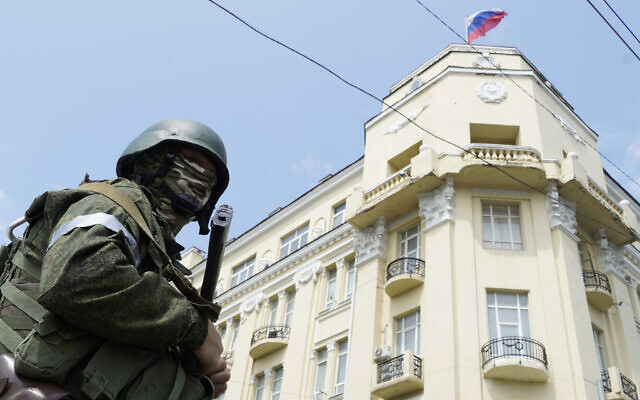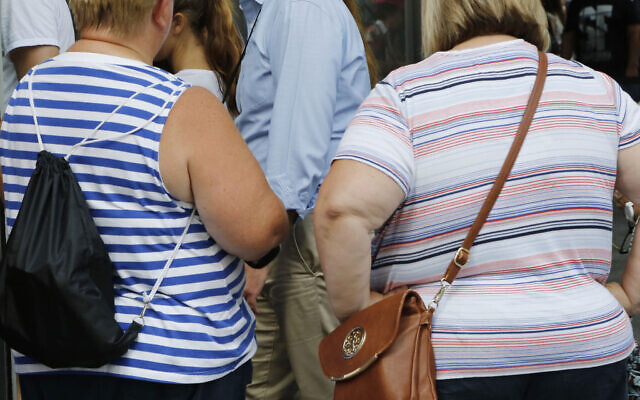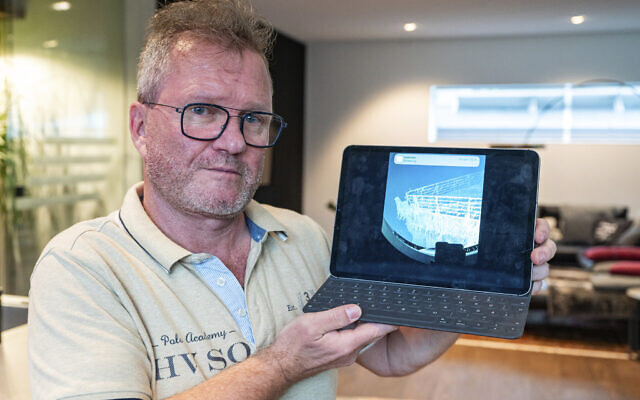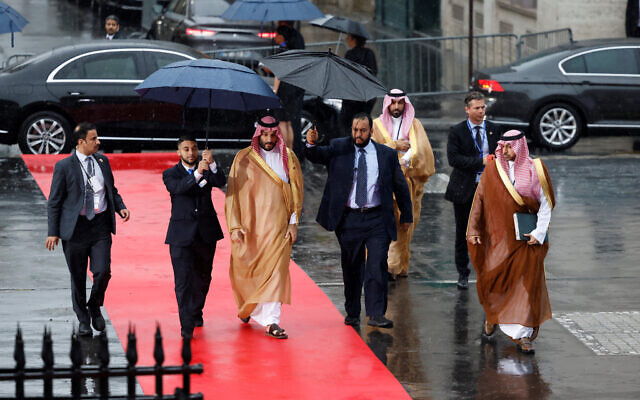Urban renewal project approvals tripled in 2022 in bid to increase housing
Frameworks that allow for renovating — or demolishing and reconstructing — buildings with more and better apartments show growth in new government data
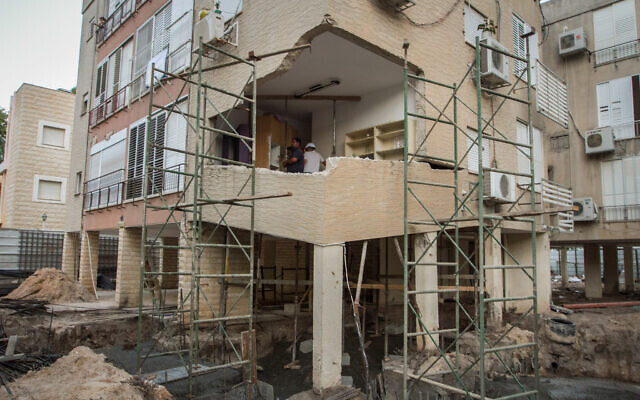
The volume of new housing approved within urban renewal frameworks increased by 200% over the last year, according to new Housing Ministry figures. In 2022, 28,630 units were given building permits, accounting for 31% of all the homes approved over the year, recent data from the ministry’s Authority for Urban Renewal shows.
Most of these units form part of TAMA 38 (National Outline Plan) projects, which reinforce apartment buildings built before 1980, and which — along with strengthening the structure — add amenities such as an elevator and enhance and enlarge existing apartments. In exchange, developers receive tax breaks and additional building rights to add new apartments. This type of re-development, which was originally intended to encourage the private sector to deliver earthquake-proofing to homes outside Israel’s center, is particularly popular in densely populated areas such as Tel Aviv, where there is limited space for new housing and prices are high.
The framework was originally intended to help strengthen existing structures through earthquake-proofing and the addition of reinforced security rooms in towns and cities along the Syrian-African rift such as Kiryat Shmona, Tiberias, and Beit She’an.
Panned by critics and expected to wind down, the TAMA 38 framework was given an extension until next year as the government considers alternatives.
According to the ministry, there has also been an increase in Pinui Binui projects, which demolish buildings and replace them with taller, modern ones with more apartments that are built to a higher standard.
The growth in the number of apartments within urban renewal initiatives reflects attempts to speed up the approval of housing projects at the local level. In 2022, 58 separate detailed urban renewal plans approved new home building, and 33 outline master plans moved forward that included around 127,400 additional housing units altogether. Seventy-four projects proposing demolition and re-development were submitted to the Authority for Urban Renewal, promising 38,900 new homes over the coming years.
Jerusalem leads the field in absolute approvals of demolition and redevelopment plans, giving permits to 2,780 projects over the course of 2022, and approving area plans to deliver 3,711 units. Relative to their population size, Kiryat Ono and Kiryat Yam granted the highest numbers of home-building permits.
Elazar Bamberger, head of the Authority for Urban Renewal, promised that over the course of 2023, the agency would work to maintain, and if possible grow further, the number and the scale of urban renewal projects.
Housing Minister Yitzhak Goldknopf said: “Urban renewal is an essential need of Israeli cities that were established decades ago. It allows for an improvement in the residents’ quality of life, an improvement in the appearance of the cities, alongside the strengthening of the buildings necessary for their safety.”
He promised that over time a continued push on urban renewal would lead to reductions in the price of homes, although there is little evidence that these initiatives deliver cheaper housing.


